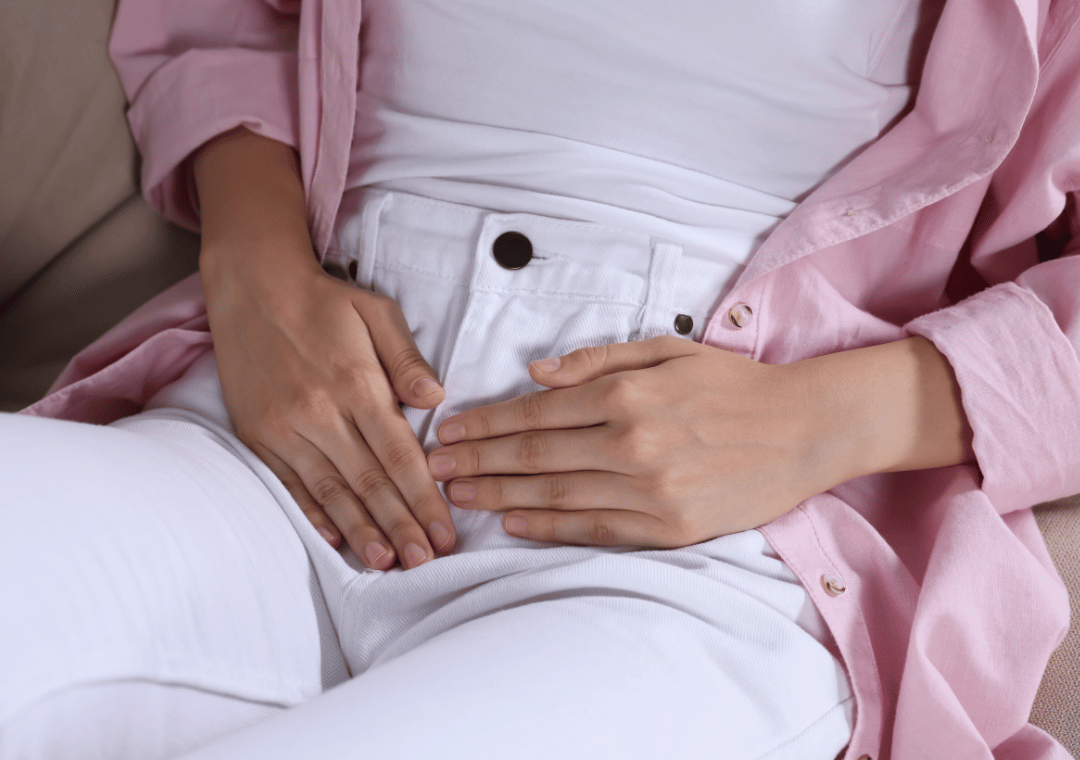What is BV?
Bacterial Vaginosis (BV) occurs when there is too much of a particular bacteria in the vagina. If more bad bacteria than good bacteria is present, it upsets the balance and results in a series of uncomfortable symptoms (1). Itching, irritation, burning during urination, vaginal discharge, a strong odor. Doesn't sound fun at all, does it? We're here to guide you through the best preventative techniques for BV so you don't have to suffer through it in the first place.
How do you get BV?
Many different things can upset the balance of vaginal flora. Having an intrauterine device (IUD) or even douching can raise your chances. Yet, BV affects sexually active women more often than those who have never had sex. Oral, vaginal, and anal sex can put you at risk for BV (1).
Lowering Your Risk
Natural Remedies:
Keep Your Vaginal Bacteria Balanced
BINTO recommends trying our probiotic to balance the your vaginal flora. Studies show that supplements containing good bacteria like Lactobacillus could support vaginal health (2). Plus, our probiotic helps your gut and mood, too. Sounds like a good deal to me!
We also suggest using our line of organic feminine hygiene products. A lot of products you find at your local drug store contain chlorine bleach and carcinogenic chemicals like dioxins. Our pads and tampons are simply made of organic cotton. You don't have to worry about irritating the balance of your vaginal flora when the product is chemical and dye free.
Try Changing Some Habits (1)

I Have BV. Now What?
Unlike vaginal yeast infections, you cannot treat BV with over the counter medicine. You will need to be diagnosed by a doctor and they can prescribe antibiotics. BV cannot spread to male partners, but it can spread to female partners. If your partner is a woman, she should be seen by a doctor to make sure the infection hasn't spread.
- https://www.womenshealth.gov/a-z-topics/bacterial-vaginosis
- https://www.ncbi.nlm.nih.gov/pmc/articles/PMC2662373/

